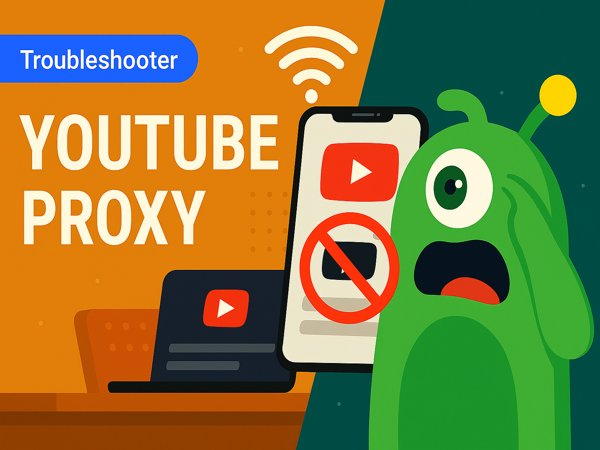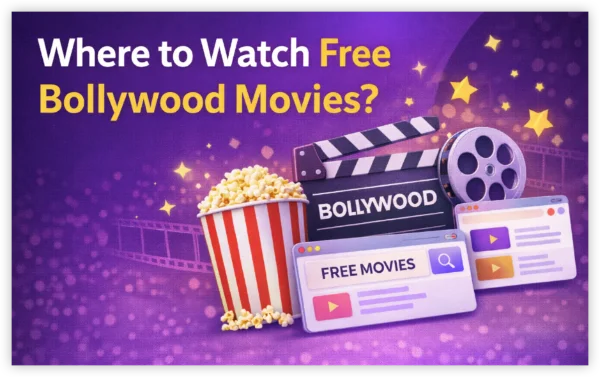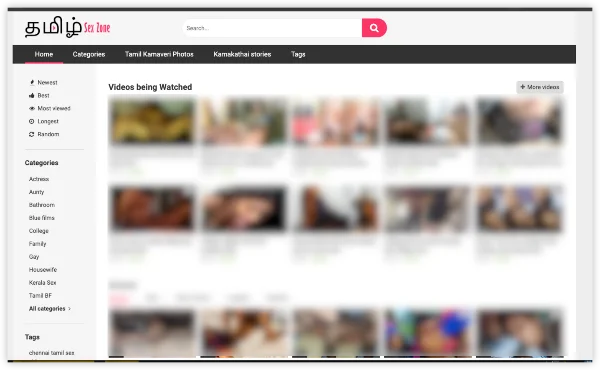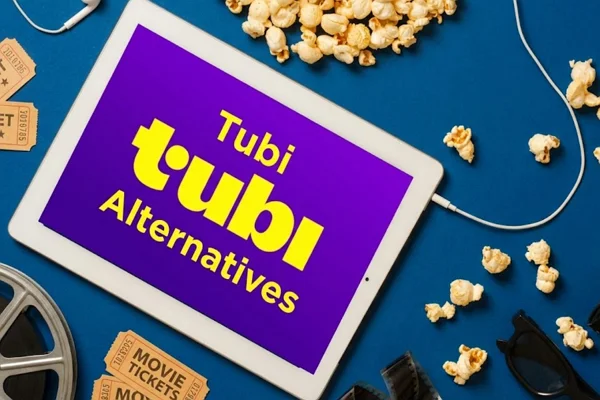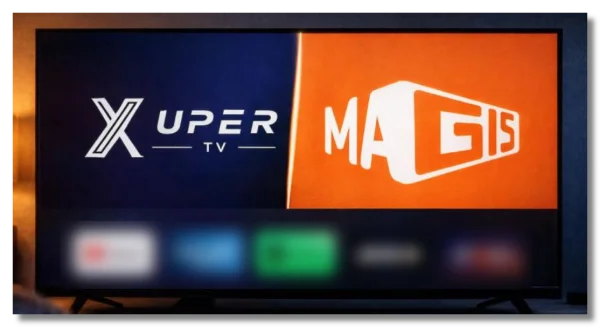Why Consider YouTube Alternatives?
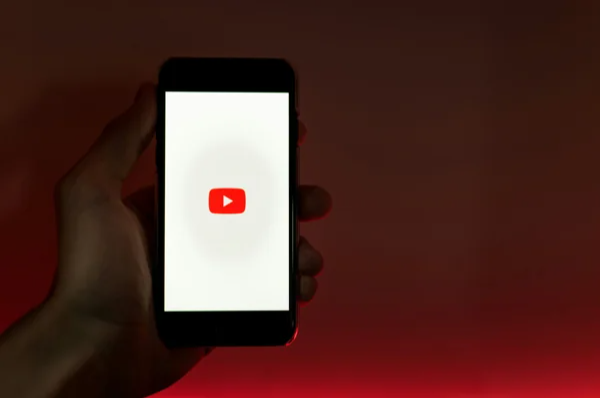
While YouTube offers incredible reach and convenience, it comes with its own challenges. Frequent ads often interrupt the viewing experience, making it less enjoyable, while Google’s data tracking raises serious privacy concerns. The recommendation algorithm can trap users in endless loops of irrelevant or sensational content, and gaps in moderation mean harmful or misleading videos sometimes slip through. On top of that, creators face strict monetization rules and reduced earnings, leaving many frustrated with the platform’s limitations.
Mainstream Video Platforms
Vimeo
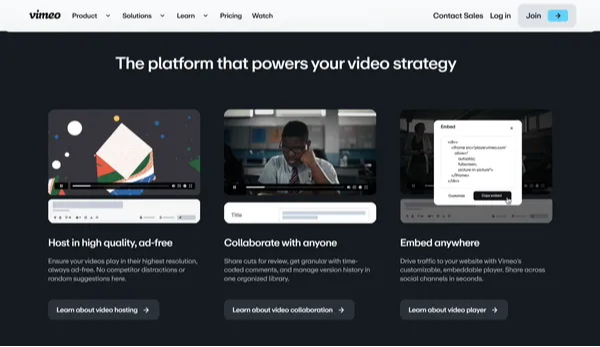
A long-standing alternative, Vimeo caters to professionals, filmmakers, and creatives who value high-quality playback and ad-free experiences. It offers customizable video players, strong community support, and paid plans for businesses.
Dailymotion
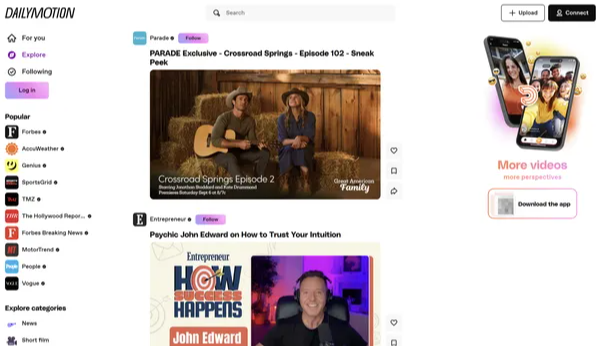
Dailymotion is Europe’s biggest competitor to YouTube. While smaller in scale, it offers a wide range of entertainment, news, and music videos. Its simpler algorithm also avoids the constant flood of clickbait.
Facebook Watch
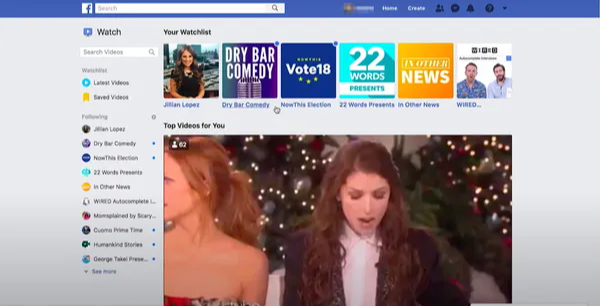
Integrated into Facebook, this platform provides social-driven video sharing. It’s great for creators who already have an audience on Facebook and want more engagement through comments and groups.
When browsing online, a free proxy VPN in UFO VPN becomes a good choice for better surfing.
Live-Streaming Focused Platforms
Twitch
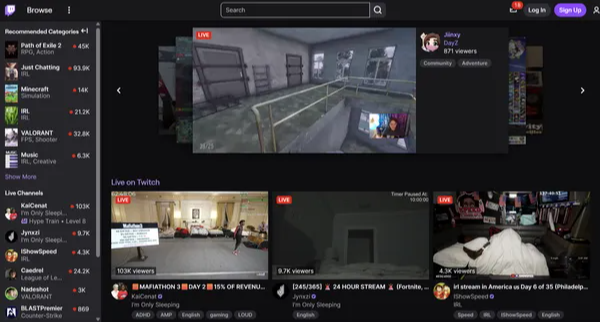
Originally for gamers, Twitch is now a hub for live entertainment, talk shows, and even fitness streams. Its real-time interactivity sets it apart from YouTube.
Kick
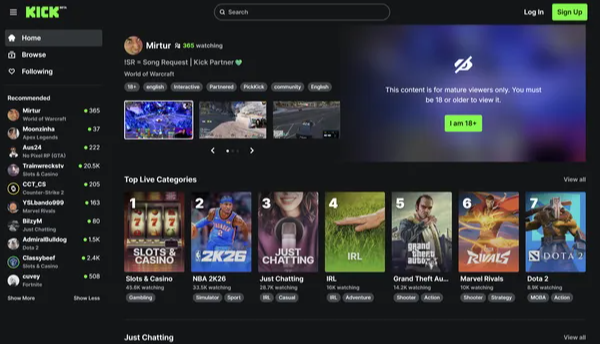
Kick is a rising competitor to Twitch with looser content rules and a higher revenue share for streamers. It’s a creator-friendly option for those wanting freedom and better payouts.
Facebook Live
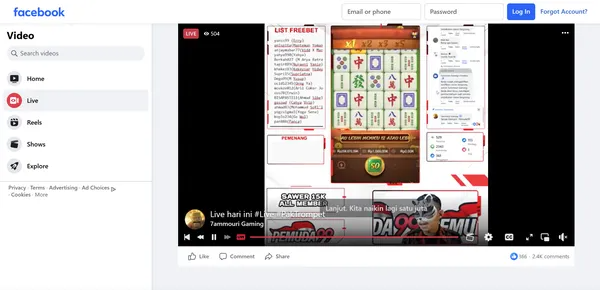
For businesses and influencers with a social following, Facebook Live makes it easy to connect directly with audiences in real time, especially for Q&As and product launches.
Privacy-First & Decentralized Platforms
PeerTube
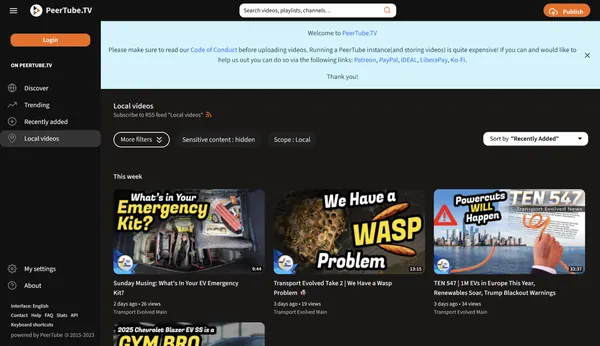
PeerTube is an open-source platform that runs on a federated model, meaning communities can host their own servers. This removes reliance on big corporations and ensures better control over content.
Odysee
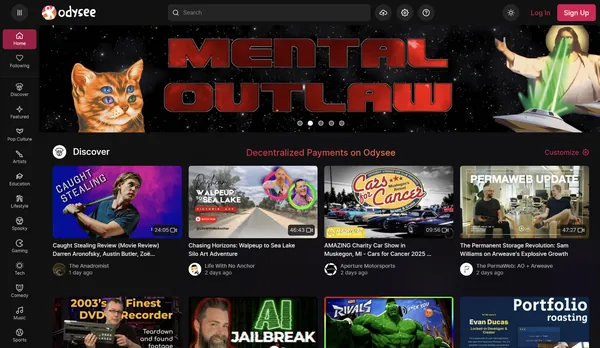
Odysee uses blockchain technology, allowing creators to publish videos without fear of sudden takedowns. It values free speech, though the platform sometimes struggles with moderation.
BitChute
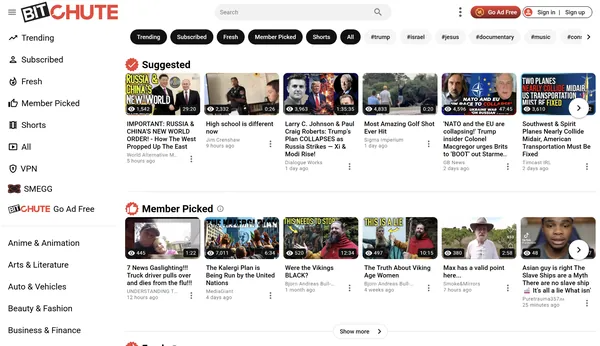
BitChute offers fewer restrictions than mainstream platforms, which appeals to some creators. However, users should be cautious, as the lack of moderation has made it home to controversial content.
Business-Grade Video Hosting & Marketing
Wistia
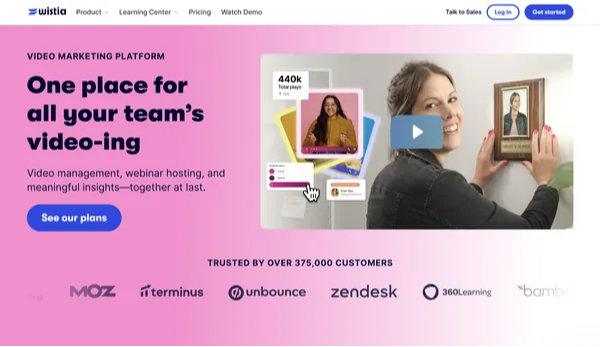
Designed for businesses, Wistia provides branded video hosting with detailed analytics, lead generation tools, and integrations with marketing platforms.
Vidyard
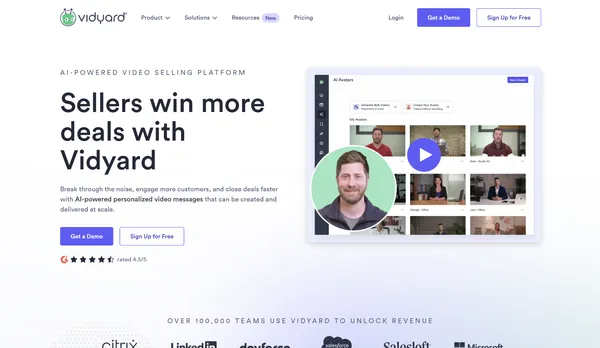
Vidyard is focused on video marketing and sales enablement. It helps teams create personalized video messages, track performance, and boost conversions.
Brightcove
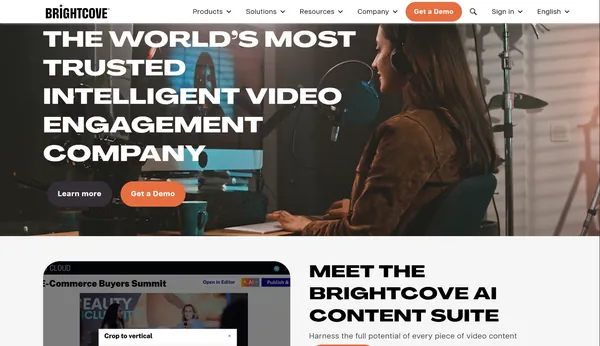
Brightcove is an enterprise-grade platform used by major companies for hosting, live streaming, and monetization. Its strength lies in scalability and professional support.
Short-Form Alternatives to YouTube Shorts
TikTok
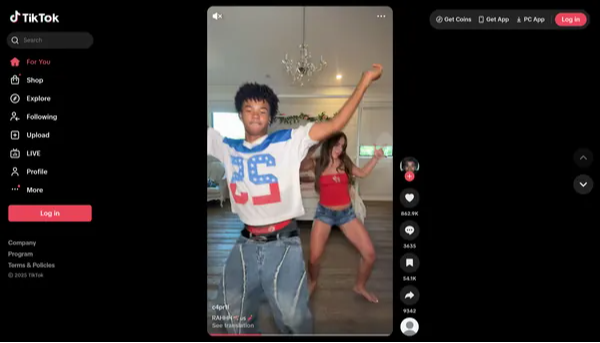
TikTok dominates short-form video with its highly engaging, scrollable feed. It’s perfect for viral marketing and quick entertainment.
Instagram Reels
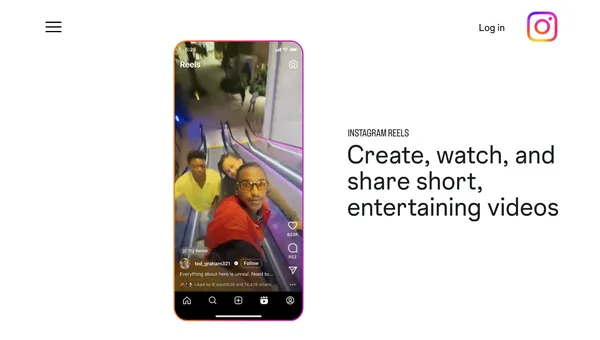
Instagram Reels benefits from seamless integration with Instagram’s existing ecosystem, making it easy to grow audiences through visual content.
Snapchat Spotlight
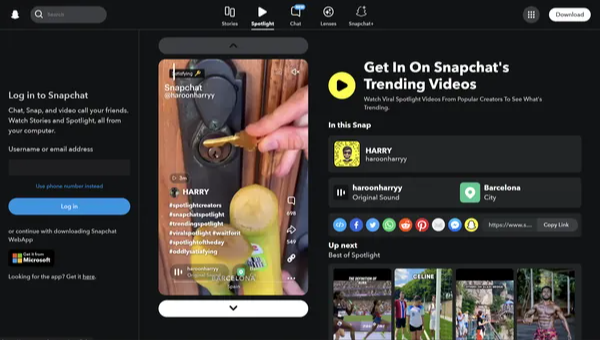
Spotlight gives creators access to Snapchat’s younger audience, focusing on quick, fun, and creative clips.
Creator-Owned & Community Platforms
Nebula
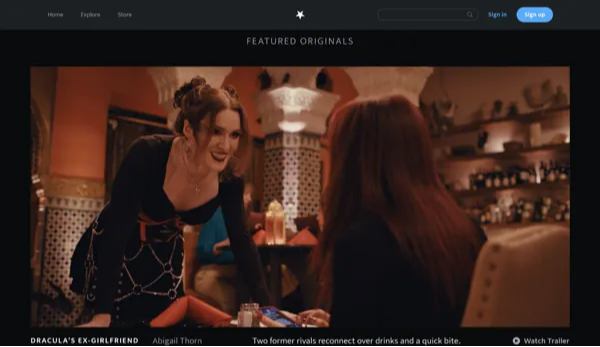
Built by creators for creators, Nebula focuses on thoughtful, ad-free content. Subscribers pay to access premium videos, with fair revenue sharing.
Patreon
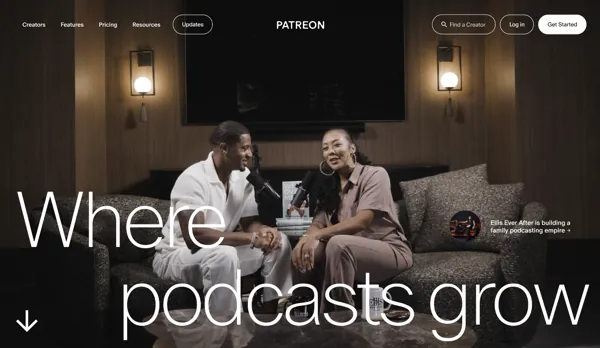
Patreon enables creators to upload exclusive videos for their supporters. It’s ideal for building a loyal community willing to pay for premium access.
Substack
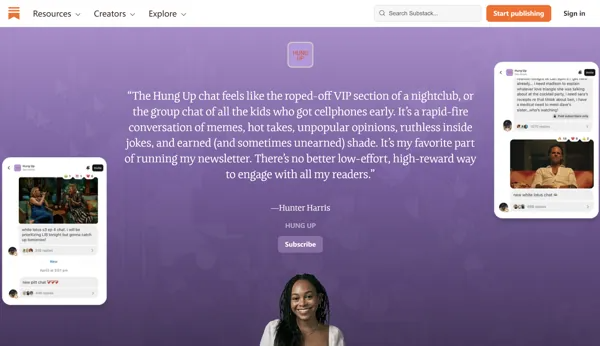
Substack, known for newsletters, now allows video publishing. This is great for writers and independent thinkers looking to diversify their content offerings.
Who Benefits Most From Alternatives?
- Parents are seeking safe viewing environments.
- Teachers are needing distraction-free educational content.
- Businesses are looking for professional hosting and branding.
- Creators are tiring strict monetization and algorithm pressure.
- Viewers who value privacy, niche content, or ad-free experiences.
How We Evaluated Each Alternative
We looked at several key factors to fairly evaluate each YouTube alternative and how well it meets different needs:
- Content Quality – A platform is only as good as the videos it hosts. We considered whether the content is reliable, professionally made, or community-driven, and whether it serves a clear purpose—be it entertainment, education, or professional use. A strong platform should balance creativity with credibility.
- Privacy & Safety – With growing concerns about data collection and harmful content online, privacy has become a top priority. We examined whether platforms limit tracking, provide ad-free options, or implement strong moderation to protect viewers—especially kids and students.
- Monetization Opportunities – For creators, revenue streams are a major factor. We looked at how each platform supports monetization, whether through ads, subscriptions, tips, or direct community support. Fair compensation ensures a healthy ecosystem where creators can thrive.
- Audience Reach – No platform can compete without an active, engaged community. We assessed how large each user base is, the level of viewer engagement, and whether creators can realistically grow their presence there. Some platforms excel at niche communities, while others rival YouTube’s global scale.
- Use Case Fit – Finally, we considered how well each platform suits specific needs. Some are tailored for classrooms and learning, others for livestreaming gamers, and still others for businesses looking to host marketing videos. Matching the platform to the right use case is essential for getting the most value.
Conclusion
YouTube may still reign supreme, but it’s far from your only option. Whether you want ad-free learning, niche communities, or a platform that respects your privacy, there’s a YouTube alternative out there for you. By choosing wisely, you not only protect your digital well-being but also support platforms aligned with your needs and values.
FAQs
1. What is the best YouTube alternative for education?
Khan Academy, TED-Ed, and Coursera offer structured, distraction-free educational content.
2. Which platform is best for businesses?
Wistia, Vidyard, and Brightcove provide professional hosting and marketing tools.
3. Are decentralized platforms safe?
They give more control, but moderation is limited—so users must exercise caution.
4. Can I earn money on YouTube alternatives?
Yes, platforms like Nebula, Patreon, and TikTok provide monetization options.
5. What is the safest option for kids?
PBS Kids, Nat Geo Kids, and wrappers like SafeShare ensure safe, ad-free viewing.


